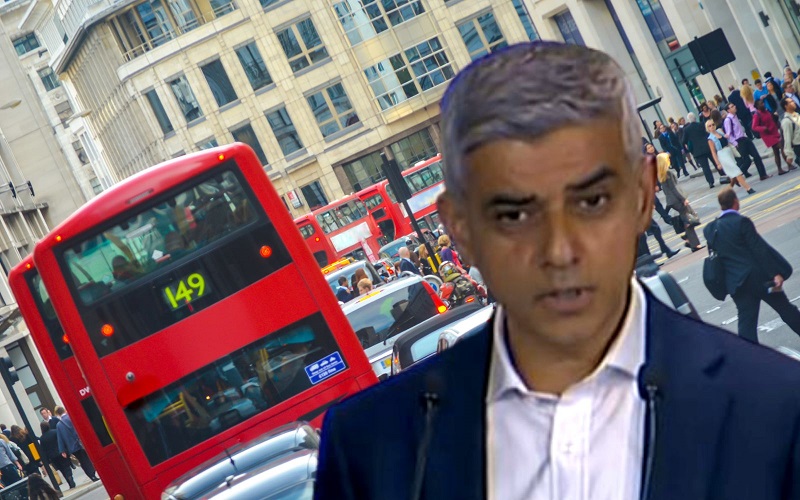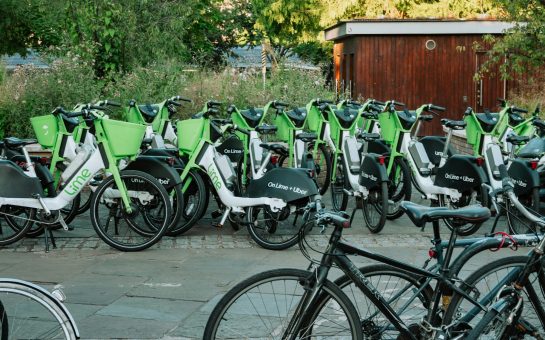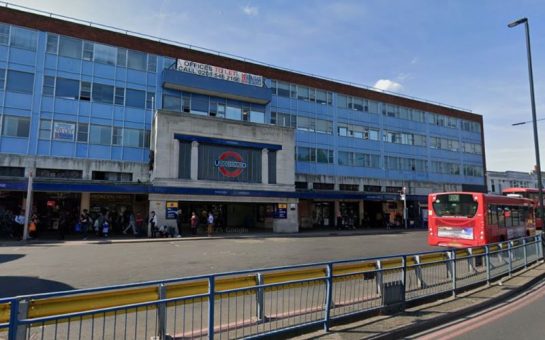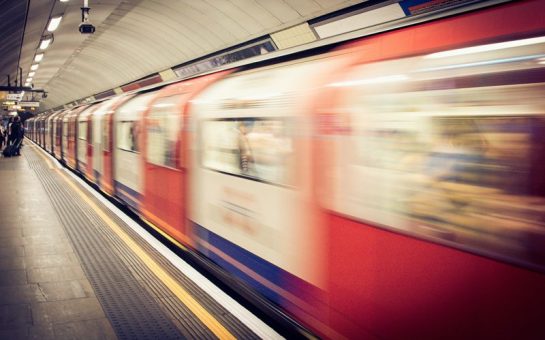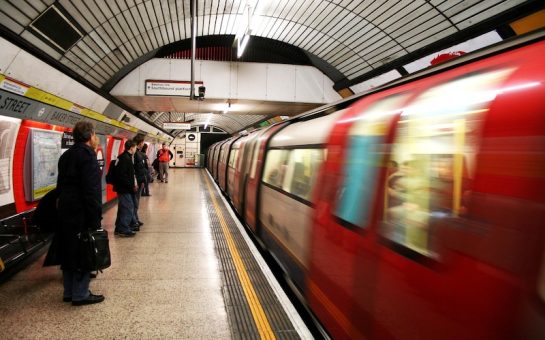A leading lung charity has hailed the impact of the Ultra Low Emission Zone (ULEZ) as a report revealed its expansion has helped clean up London’s air.
Four million Londoners are now living under cleaner air following the expansion of the scheme, a City Hall report, released by London Mayor Sadiq Khan today, found.
The news comes a few months after Khan asked TfL to consult on expanding ULEZ to the whole of London in August 2023.
And multiple groups, including lung health charity Asthma + Lung UK and campaigners Mums for Lungs have hailed the impact of the ULEZ expansion.
Sarah Woolnough, Chief Executive of Asthma + Lung UK, said: “We estimate that over half of people with asthma and COPD have had their symptoms triggered by air pollution.
“The expansion of the ULEZ has made the air safer for more than 255,000 people living with a lung condition in Inner London.
“That’s why we fully support plans to expand the ULEZ across the whole of Greater London. ULEZ removed the most polluting cars from the roads, cleaning up the air within the zone.
“Expanding the zone further will help to protect more people living with lung conditions and prevent future generations developing new lung conditions such as asthma.”
Jemima Hartshorn, co-founder of Mums for Lungs, added: “We are so glad that London’s air is less polluted as a result of the ULEZ expansion, and we hope that bringing it to all of London, will have similarly strong effects in cleaning up the air.
“But we need more than the ULEZ to stop lung from being stunted, reduce the children asthma rates in the city and ensure that the elderly don’t suffer from pollution-induced lung and cardiac issues and we hope the Mayor and Government can work together on achieving long-term change.”
On 25 October, the ULEZ in central London expanded to cover all areas inside the North and South Circular roads, 18 times the size of the original zone.
The report shows that 94% of vehicles driving in the zone now meet ULEZ standards on an average day, up from 87% before the zone expanded and up from 39% in February 2017 when changes associated with the ULEZ began.
There were also 67,000 fewer non-compliant vehicles in the zone on an average day compared to the period right before the ULEZ expanded, a fall of 54%.
Early estimates suggest the number of vehicles overall in the zone has also fallen by around 21,000 and ULEZ has also helped prevent a return to previous pollution levels after the pandemic, even as traffic returned to 2019 levels.
These factors combined mean that the four million Londoners living within the expanded ULEZ are now breathing cleaner air than they would have without the scheme.
NO2 concentrations in inner London are estimated to be 20% lower than they would have been without the ULEZ and its expansion and in central London, NO2 concentrations are estimated to be 44%.
The benefits are also being felt beyond the zone, with all monitoring sites on the boundary of the expanded zone having seen reductions in NO2 concentrations.
However, the report shows that there is still more work to do to ensure all Londoners can experience the benefits of cleaner air.
Compliance rates and air quality improvements in outer London – which is not currently covered by the ULEZ – continue to lag well behind those in central and inner London.
Khan said: “I’m proud of the progress we have made in making our city’s air cleaner for millions of Londoners.
“Today’s report shows the incredible difference that the expanded ULEZ is making after just six months.
“We must now capitalise on this success which is why I’m consulting on expanding the ULEZ London-wide to extend the benefits of clean air to all Londoners.
“We have already come so far and I’m determined to build a better London for everyone, one that is safer, fairer, greener and more prosperous for all. But we cannot act alone.
“As Chair of C40 Cities, I am committed to working collaboratively across national borders and city boundaries to tackle air pollution, address the climate crisis, and help bring about the change we need to achieve the UN’s Global Goals for sustainable development.”
Londoners can give their views on the latest proposed expansion by responding to Transport for London’s consultation at gov.uk/clean-air until 29 July.
